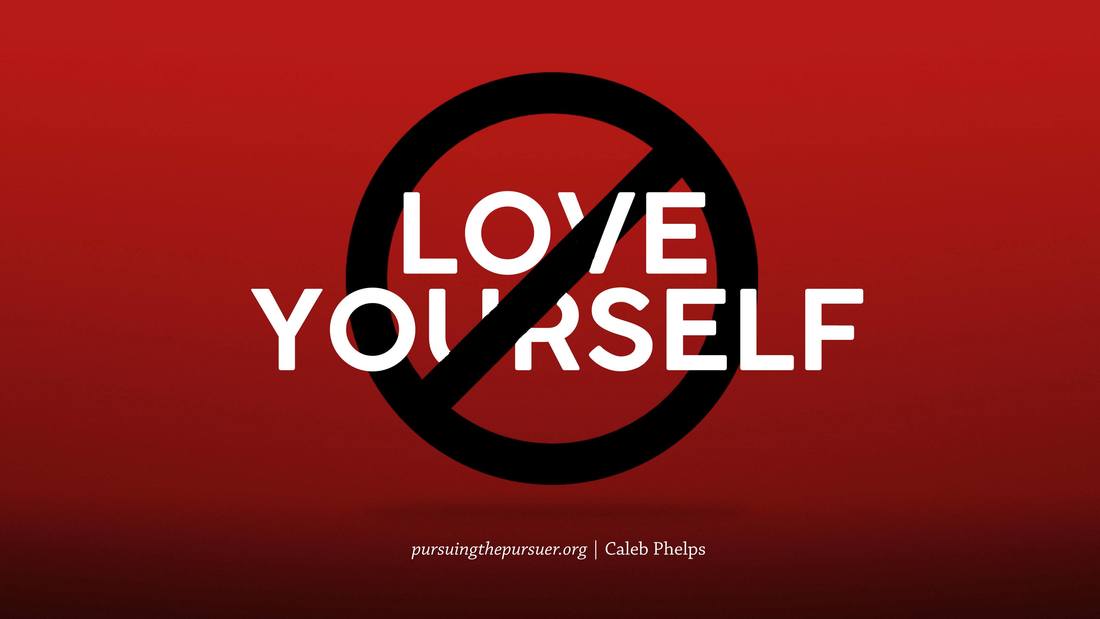|
In his book The New Hide or Seek – Building Confidence in Your Child, Dr. James Dobson (of Focus on the Family) promoted a concept that has since been adopted by many well-meaning Christians. Dr. Dobson began his book by reciting the story of Lee Harvey Oswald who was the man that assassinated President John F. Kennedy. According to Dobson, Oswald had been put down, ridiculed, and unloved his entire life. Because of this incessant verbal abuse, Oswald sought to find something – anything – that he could pour his life into. The one thing he could do well was shoot a rifle. Oswald grew so enamored with shooting and so put-down about his own personal worth, that, one thing leading to another, he shot and killed President Kennedy on November 22, 1963. Said Dobson about this sad case, “Oswald never published his early self-doubts and loneliness – nor would we have paid much attention if he had. But in retrospect there is little doubt that the overwhelming rejection of his early childhood led to deep discontent as a teenager, to his twisted adult life, and to his dark destiny” [1] Is Dobson correct? Will building self-esteem in the lives of our children help fix their adult problems? Many people today seem to think so. You cannot pick up a popular Christian best-sell or tune into a Christian talk show without finding this teaching.
There seems to be an increasing prevalence of this kind of “self-esteem” teaching. After all, doesn’t the Bible teach us to love our neighbors as we love ourselves? Clearly God expects us to love ourselves right? Dr. James Dobson certainly thinks so: “Whenever the keys to self-esteem are seemingly out of reach for a large percentage of people, … the widespread ‘mental illness,’ neuroticism, hatred, alcoholism, drug abuse, violence, and social disorder will certainly occur. Personal worth is not something human beings are free to take or leave. We must have it and when it is unattainable, everybody suffers." [2] Dr. James Dobson and his contemporaries may teach a sort of Christianity that says we should learn to “love ourselves,” but they are on an island all their own. Neither Scripture nor historical figures who have studied Scripture agree with those assessments.
The world may say “love yourself,” but Scripture teaches a different mantra. The very words of Christ ring out with a strikingly different message. In Luke 9, Jesus speaks to his disciples—specifically, to Peter. Jesus’ words about self-worth come immediately following Peter’s glorious confession that Jesus it the Christ (Luke 9:18-20), which was immediately followed by Jesus’ prophecy concerning His own death and resurrection (Luke 9:21-22). It was at this moment and in this context, that Jesus stops to say what living life is really all about. Don’t love yourself, DIE to self! “And he said to all, “If anyone would come after me, let him deny himself and take up his cross daily and follow me.” (Luke 9:23) The Bible commands us to love many things, but loving ourselves is not one of them. If you are going to truly live a life that pleases your Savior, you must not believe the lie that says you must learn to love yourself. If you are going to truly find fulfillment in this life, you won’t find it by having great self-esteem. That word “deny” (Luke 9:23) is the same word used of Peter’s denials of Jesus. It means to repudiate, renounce, or complete disown. A life lived for Jesus is one that learns to deny self. This doesn’t mean simply taking away simple pleasures from your life, like not eating donuts on your diet; this is referring to a complete way of life involving a renunciation of living for your own selfish interests. Genuine Christianity is not about God helping you achieve your dream; genuine Christianity is about giving up your dream to follow whatever plan God has for your life. To “deny yourself” doesn’t mean giving up some little thing to God. It means giving up control of your life to God. To make this point even clearer Jesus goes a step further: “Take up your cross” (Luke 9:23). In order to understand the force of what Jesus is saying here, we need to remember the context in which it was stated. Jesus had just told His disciples that He would suffer, be rejected, and eventually killed. Now He says, "if you are going to follow Me, you must be willing to do the same thing. You must be willing to die, perhaps physically, but at a minimum die to your popularity, goals, and plans." That’s what it means to “take up your cross.” It means you are willing to lose your reputation, your standing, your position, and your means. Those who take up their cross willingly say, “It’s not about me, it’s all about God!” What Dobson (and others who promote the “self-esteem” model to find fulfillment) is missing is the last part of Luke 9:23. Jesus said that we must “follow [Him].” “Follow me” is a call to all those who would be true disciples of Jesus. It requires a giving up of self and of self’s ambitions and completely relinquishing those plans to God. The trouble is that we don’t let God be God and leave the plans up to Him; instead, we like to make our own plans: “I’m going to this college to major in this degree.” “I’m going to marry this guy/girl.” “I’m going to work this job and live in this state.” While planning for the future is good, our problem is that we make our plans and look for God’s approval, rather than trusting in God and asking Him what He wants for our plans. Perhaps you are still thinking, “Self-denial just sounds so negative!” A.T Pierson once said, “Getting rid of the ‘self-life’ is like peeling an onion: layer upon layer – and a tearful process.” Let me remind you, I didn’t come up with this – Jesus did! In the short term, self-denial may be a difficult and unpleasant process. But there are eternal blessings in store for those who deny themselves and follow Christ. “For whoever would save his life will lose it, but whoever loses his life for my sake will save it.” (Luke 9:24) When you die to self and follow Jesus, He graciously gives you the ultimate fulfillment as the by-product – the joy of eternal life! What Lee Harvey Oswald needed wasn’t a helping of self-esteem but a denying of himself and a bowing to Jesus. Our culture says, “Love yourself,” but Jesus says, “Die to self.” If you are living for yourself, you are not following Jesus. [1] Dobson, James. The New Hide or Seek - Building Confidence in Your Child. Grand Rapids: Fleming H. Revell, 1999, 26. [2] Ibid., 12-13.  Caleb Phelps graduated from BJU with a BA in Bible and an MA in Theology. After graduating from seminary Caleb traveled in evangelism which took him across the country to many different churches and camps. While he was traveling Caleb met the love of his life, Rachel. They got married and moved to Indianapolis, IN where Caleb now serves as the youth pastor at Crosspointe Baptist Church. You can check out his youth group's website at www.crosspointeyouth.com.
1 Comment
Kay Ashworth
7/25/2018 04:01:42 pm
Hi Caleb, I have to admit that I would've been shocked by your premise if I hadn't read it first from Dr. John Townsend, co-author of "Boundaries", in his book “Loving People – How to Love & Be Loved”. It's also at the heart of Leslie Vernick's book, "How to Find Selfless Joy in a Me-First World".
Reply
Leave a Reply. |
Popular ArticlesThe Problem With Christian Trump Supporters
How to Have Personal Standards Without Being a Legalist The Heart of Modesty Stop Trying to Reach Millennials AuthorsLike our Facebook page to keep up with the latest articles!
Categories
All
Archives
November 2020
|


 RSS Feed
RSS Feed
